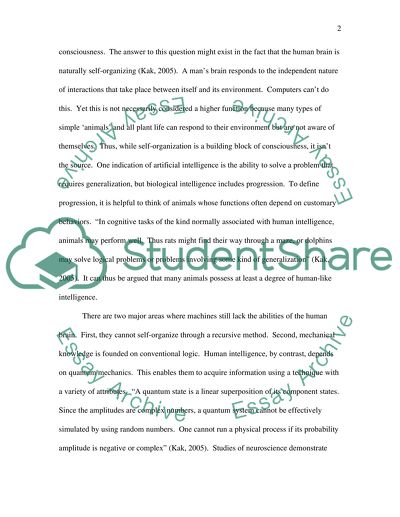Cite this document
(Artificial Intelligence as a Part of Our Future Essay, n.d.)
Artificial Intelligence as a Part of Our Future Essay. Retrieved from https://studentshare.org/science/1565074-artificial-intelligence
Artificial Intelligence as a Part of Our Future Essay. Retrieved from https://studentshare.org/science/1565074-artificial-intelligence
(Artificial Intelligence As a Part of Our Future Essay)
Artificial Intelligence As a Part of Our Future Essay. https://studentshare.org/science/1565074-artificial-intelligence.
Artificial Intelligence As a Part of Our Future Essay. https://studentshare.org/science/1565074-artificial-intelligence.
“Artificial Intelligence As a Part of Our Future Essay”, n.d. https://studentshare.org/science/1565074-artificial-intelligence.


